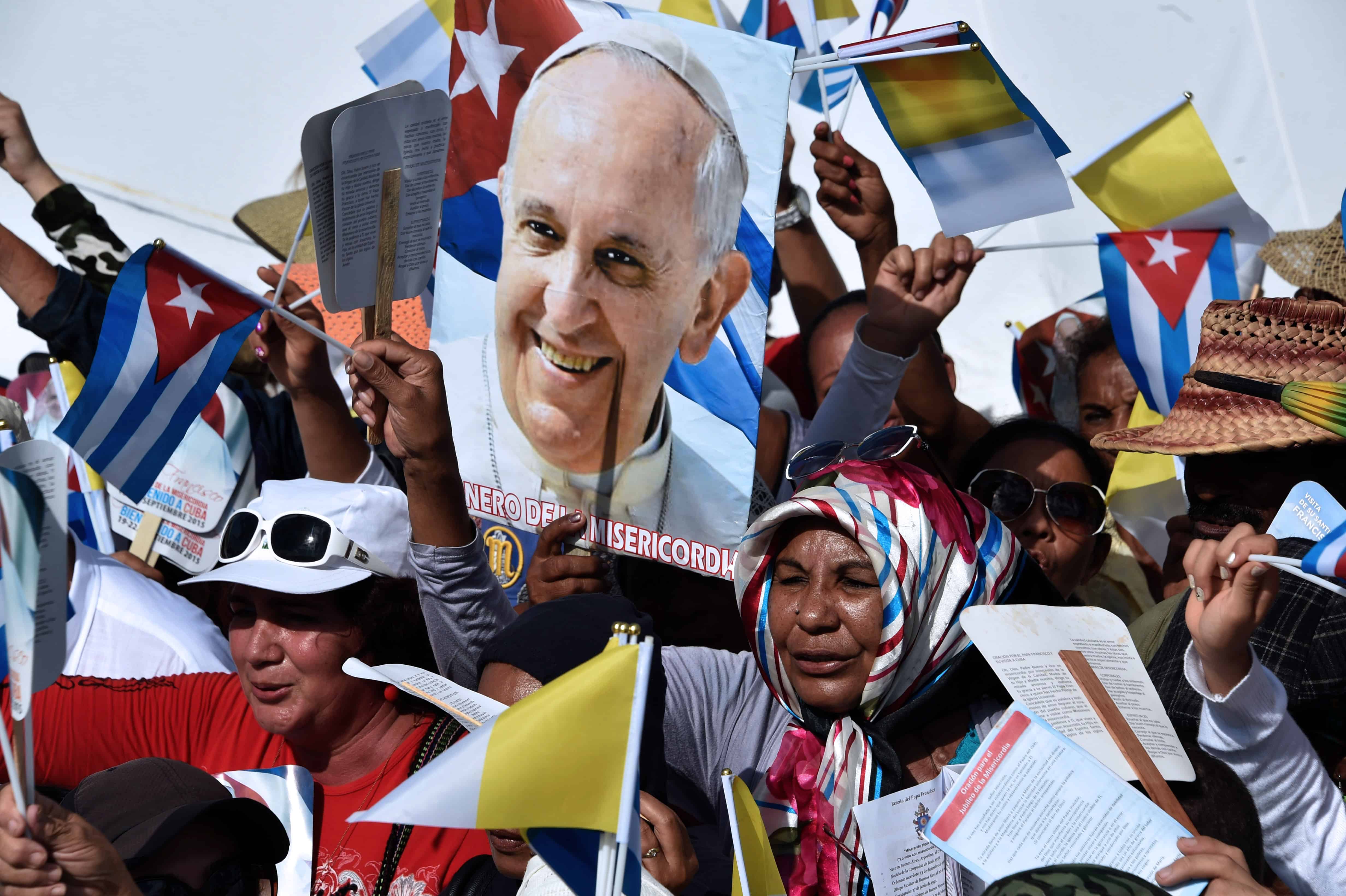HAVANA, Cuba — Pope John Paul II’s visit in 1998 put Christmas back on the Cuban calendar. When Pope Benedict XVI arrived in 2012, the Cuban government made Good Friday a national holiday. Both men brought the Catholic Church a bigger role in Cuba’s public life.
And Pope Francis? Two weeks have passed since he left Cuba, and there has been no sign yet that his visit — and his rapport with Fidel and Raúl Castro — will lead to any new concessions for the church.
Prior to Francis’s arrival, the government said it would pardon 3,522 prisoners, a gesture also made during the two previous papal visits. But no announcements have followed.
“Nothing,” said Havana religion scholar Enrique López Oliva. “You’d think we would have heard something by now.”
Francis praised relations between the Castro government and the Vatican during his visit, and his homilies addressed religious liberty only in general terms. Yet Cuba remains the only nation in the Americas where the church cannot operate its own K-12 schools, and it’s no secret the island’s bishops want more access to the state-controlled airwaves.
In recent years, as the Cuban government’s social safety net has frayed, the church has stepped in, opening day-care centers and health clinics and offering free English and computer courses.
One of the sites Francis visited in Havana, the Padre Varela Cultural Center, already operates as a small de facto Catholic university, leading to speculation that the government might finally give it formal recognition as such. But the pope’s presence has brought no such political blessing, at least so far.
“We’ll have to wait and see,” said the Rev. Roberto Betancourt, the pastor of Our Lady of Regla church in Havana, one of Cuba’s most important churches. “There are a few whispers in the hallways of possible announcements, but if something is forthcoming, it would have to be soon.”
Cuban officials bristle at charges that the island remains restrictive for religious believers, noting that official discrimination ended years ago. Church-state relations are probably stronger than they’ve been at any point during that past half-century.
That may be one reason Francis steered a very careful course through Cuban politics during his Sept. 19-22 trip, avoiding any direct criticism of Cuba’s one-party, communist state. His appeal for Cubans to serve “people, not ideology,” was resonant, but nothing like the unequivocal calls for “freedom” made by John Paul II, let alone the criticisms of “authoritarianism” Francis made in his own book about that 1998 visit.
Like John Paul II and Benedict, Francis did not meet with dissidents in Cuba. Activists at the illegal-but-tolerated Cuban Commission for Human Rights and Reconciliation tallied 353 political arrests and detentions around Francis’s visit, and at least 882 in September, a 15-month high.
“The jury is still out on whether there will be a ‘Francis effect’ on religious liberty in Cuba, but the early prognosis doesn’t look promising,” said Andrew Chesnut, a Vatican expert at Virginia Commonwealth University.
“If there is any one institution in Cuba that possesses the legitimacy and organizational capacity to challenge the regime, it’s the Church, so expect only minor concessions, if any, vis-a-vis religious liberty in the near future,” he said.
Francis biographer Sergio Rubin, an Argentine journalist, said it’s not fair to judge the pontiff’s Cuba trip by the standards of the two previous papal visits.
“I think Francis has his sights on something more important: a process of change on the island that hasn’t been seen until now, with the exception of a few small economic changes,” said Rubin. “Francis has a bigger goal in mind: the lifting of the U.S. embargo, maybe in 2016.”
© 2015, The Washington Post






